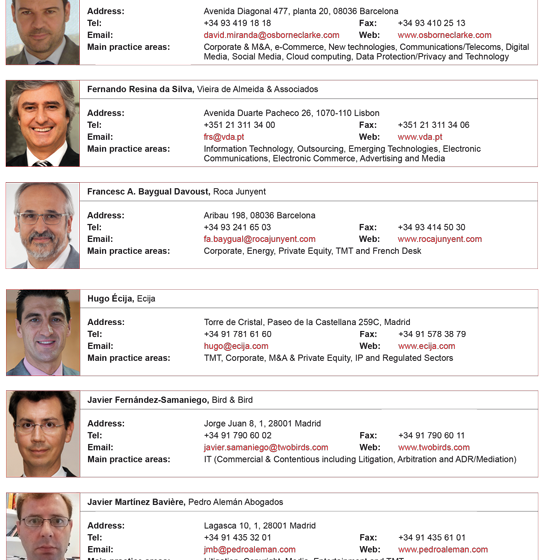Law firms still struggling to define their brand
If you think your brand is your logo, you´re not understanding the concept – define your brand properly and you´ll enhance client loyalty, says Keith Wells
Are you realising the true value of your brand? Probably not. It has been estimated that more than 80 per cent of the total value of the world’s top businesses is attributable to the “intangibles”. For example, the global interest in the launch of the iPhone 6 and Apple Watch – which was streamed live to millions around the world – and the attendant lift in Apple’s share price demonstrates this effect.
But if your definition of “brand” is “logo”, you won’t understand. Our view is that “logo” is part of an organisation’s “brand”, and that the brand has to come first. Sadly, our experience in the legal sector is that people still have the wrong definitions in mind and, because they do, they simply never realise true potential brand value.
So let’s start with definitions. What is a brand? A brand is a promise kept.
We all recognise and relate to brands and make decisions based on our experiences of them. It is this idea of experience that has really taken hold in the last few years and is beginning to drive and define the most successful brands. And what is driving this idea of experience? The realisation that “service” is at the core of our relationship with the brand. Once we understand that, then we understand the need to build the brand from the inside out. Making a promise on behalf of people who do not know, or believe, in that promise will ensure its ultimate failure.
It´s not what you do, it´s why you do it
In 2007, Nokia was the undisputed number one mobile phone brand in the world. When the board of Nokia were told of Apple’s intention to launch its iPhone, their response was “we have nothing to fear from the computer company”. The truth is, Apple never considered itself merely a computer company.
In the same vein, IBM has moved from selling mainframe computers through to being one of the leading consulting businesses in the world. PwC already has more lawyers than any other law firm. They are clearly not simply auditors.
All of these examples show that the most powerful, enduring and therefore valuable brands are defined at a level above the product or service they provide. They have a driving idea, a purpose, which informs all of their decisions as a business. We call this an organisation’s “cause”.
Today, people don’t buy what you do, they buy why you do it. And that goes for partners and employees just as much as it does for customers and clients.
“Differentiation” is one of the most overused, but least useful, words in the world. It’s very easy to be differentiated – the question is whether that differentiation is meaningful and relevant. You want people to prefer you over your competitors and peers, whether those people be clients, your partners, employees or future employees. For them to prefer you, they need to know what is better about you, not just different about you. We believe that superiority is the best, most authentic and most enduring form of differentiation. Because it needs to be based on a demonstrable truth.
How to define your brand? We take clients through a framework which we call the “3Ps”:
The first P stands for physique: which practice areas and services will we have, how will we be organised, and in which locations will we be present?
The second P stands for personality: this follows directly from the physique dimensions, what culture, standards and behaviours will we have?
The third P stands for presentation: only when we know the physique and personality we want to build, can we begin to develop the visual and written presentation.
Identifying your cause is the core of the brand. You then take that cause and develop it into your “brand story” – a narrative that explains your understanding of the world around you, your role within it, and why you are better able to resolve its issues than any of your competitors.
From that story you can then define your core value, ethos, the style with which you go about your work, and the ambition you have for your brand. Put simply, you need to turn your story into a script that drives all of your behaviours and communication.
You should expect this process to be hard work. Defining a brand in this way is demanding but it is worth it. You should expect your brand to build commitment and preference among all of your key audiences. You should expect to enjoy deeper, long-term relationships with the people you need to make you successful. You should expect to secure premium pricing. And ultimately, you should expect to realise the true value, and potential, of your firm.
Keith Wells is a director at global law firm consultancy Redstone












